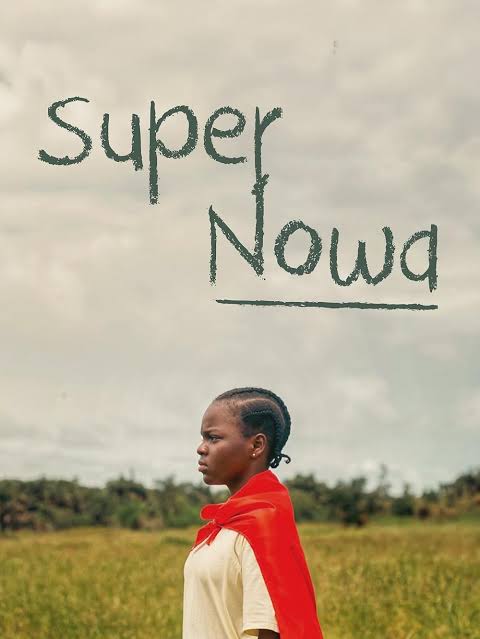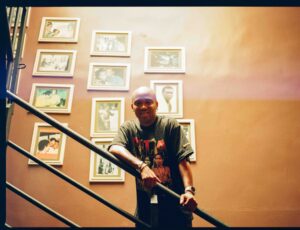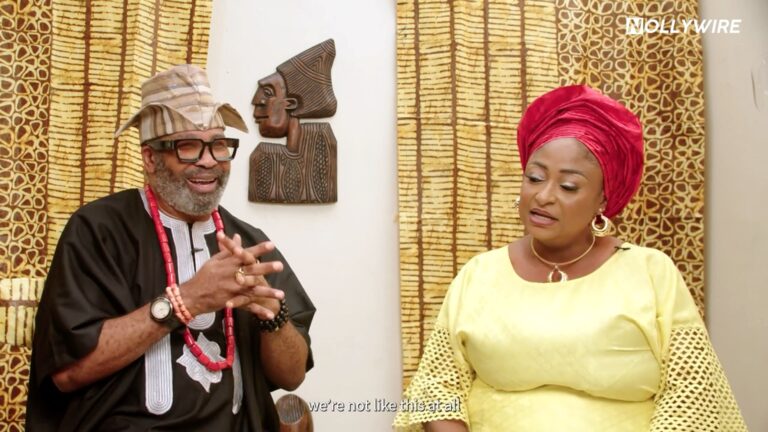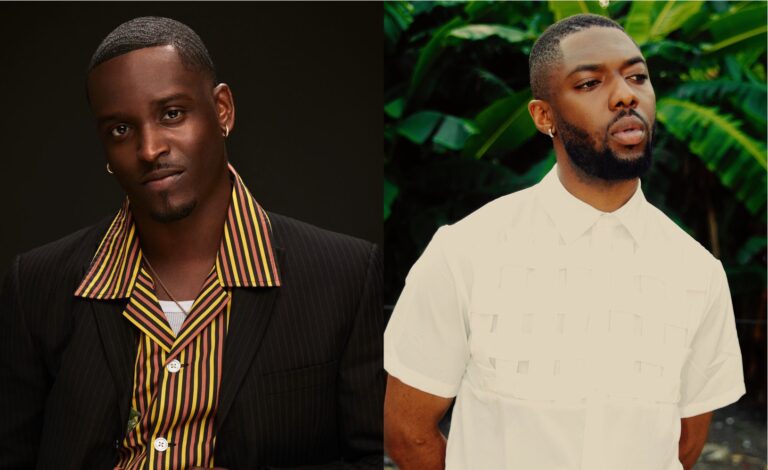In a recent interview with Bloomberg Television, Mo Abudu, founder of EbonyLife Media, shared candid insights into the shifting landscape of the global film industry and how African cinema is uniquely poised to thrive within it.
Abudu believes the global creative economy is undergoing a recalibration. No longer is profitability confined to blockbuster films with towering budgets. “Independent budgets are coming down,” she explains, pointing to a new reality where leaner productions can deliver strong returns. It’s within this more flexible financial environment that she sees a golden opportunity for African filmmakers.
“There’s a space we can confidently operate in,” Abudu notes. Budgets ranging from $2 million to $6 million—relatively modest by Hollywood standards—can generate significant returns when managed wisely. But she is not advocating for unchecked growth. Rather, Abudu calls for intentional scaling: producing mid-budget films that encourage creative ambition without financial overreach.
That growth, she stresses, must be strategic. Key areas like screenwriting, crew development, acting talent, and most crucially, marketing, need greater investment. “Far too often, we’re releasing films without adequate marketing support,” she says. Even a poorly reviewed movie, she points out, can still find its audience with the right promotional push.
This belief in smart investment and sustainable returns drives her latest initiative: the Africa Film Fund. Presented to investors during a closed-door session with the African Development Bank and Africa Investment Forum, the fund is designed to support films in the $2 million to $8 million range. The model is a practical, well-supported approach to production and distribution that ensures realistic expectations and long-term infrastructure.
“There’s massive potential,” she affirms. Africa is brimming with untold stories. “Storytelling is universal,” Abudu says. “Africa has been quiet on the global storytelling front for far too long—and that silence is full of opportunity.”
Still, the challenges are real. Distribution remains a major stumbling block. That’s where Abudu’s next big move comes in: Ebonylife Place London. The new cinema, set to be the first UK venue dedicated to screening African films daily, is part of her broader strategy to close distribution gaps and increase visibility. “For the first time in the UK, you’ll be able to see an African film every single day,” she says proudly. The cinema is scheduled to launch in December.
Her vision goes beyond creating demand for African stories. It’s about building the foundational systems—distribution networks, exhibition venues, and investment pipelines—that ensure African filmmakers can compete globally. “To make a lasting impact, we need the channels to reach audiences far and wide,” she explains.
And the audience is growing. “By 2050, one in four people on Earth will be African,” Abudu points out. That demographic shift alone underscores the long-term market potential for African content. “There’s already an audience,” she says. The key is creating content that meets them—and future generations—where they are.
What’s more, a new wave of African filmmakers is bringing original perspectives to the screen. Investors are beginning to take note. “We’re not saying put everything into Africa,” Abudu clarifies. “But if you’re afraid of risk, you’ll never see the rewards.”
Her message is clear: the African film industry is still emerging, but it’s evolving fast—and the time to invest is now. The groundwork being laid today will empower the next generation of storytellers to thrive on the global stage.
With initiatives like the Africa Film Fund, the expansion of distribution networks, and bold moves like Ebonylife Place, Mo Abudu is working to ensure that African cinema’s moment isn’t just coming—it’s already here.




































